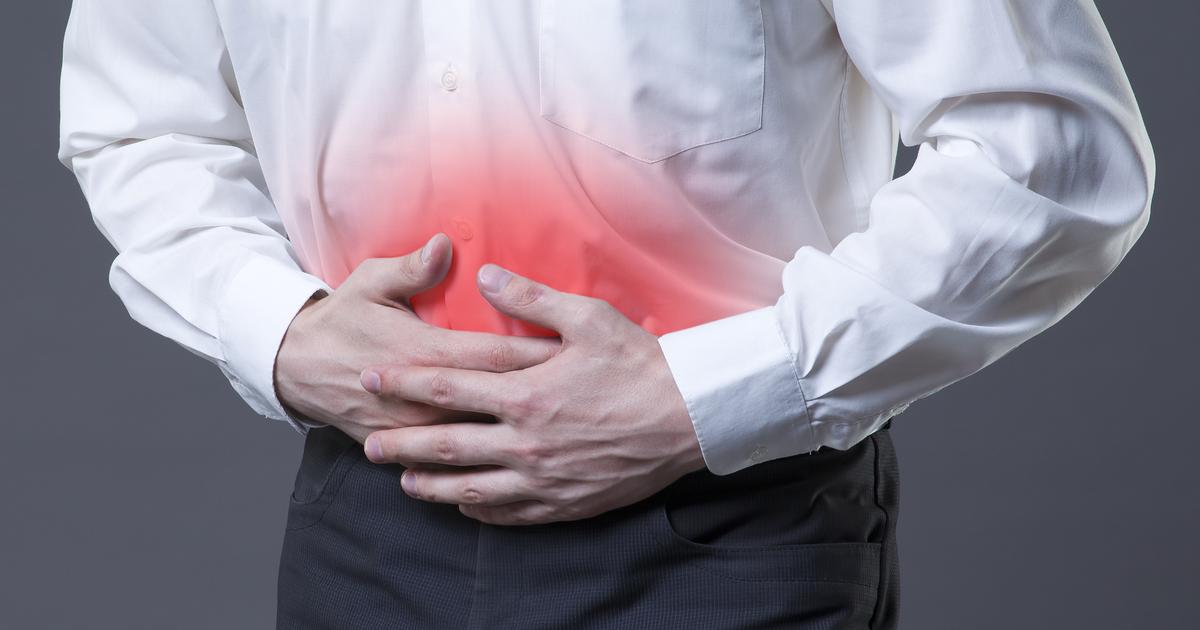Guide To The Causes, Risk Factors, And Complications Of An Inguinal Hernia
A hernia is an abnormal protrusion of an organ through a muscle or connective tissues that produces a bulge. An inguinal hernia happens when a portion of an individual's intestine bulges through a vulnerable location of the abdominal wall at the inguinal canal, which is a passageway near the groin that goes through the abdominal wall. There are two different kinds of inguinal hernias. An indirect inguinal hernia happens when the internal inguinal canal opening remains open when it should have closed around the time of the individual's birth. This dysfunction gives the intestine a spot to bulge through the inguinal canal.
A direct inguinal hernia happens when a part of the individual's intestine bulges through a vulnerable place in the abdominal muscles adjacent to the inguinal wall canal. Numerous risk factors and causes have been identified for an inguinal canal. There are also a few serious complications that can result from an untreated inguinal hernia.
Increased Abdominal Pressure

Increased abdominal pressure can cause an individual to develop an inguinal hernia, and numerous mechanisms can significant pressure in their abdominal area. The pressure in the abdomen could originate from the digestive organs themselves due to an excessive amount of gas accumulation in the intestines, or an excessive quantity of slow-moving backed up food. Other less common causes of increased pressure in the abdomen include edema or a collection of fluid or blood in the abdominal cavity or lining. In addition, fluid build up in the membranes that cover the lungs can cause a buildup of abdominal pressure because they are close in proximity to the abdominal organs.
If a patient has an enlarged pancreas, liver, gallbladder, or spleen, the enlarged organ can put pressure on surrounding structures. Severe inflammation or swelling of any tissues within the abdominal cavity can cause an accumulation of pressure in the abdomen. When there is a significant amount of pressure within the abdominal cavity, any vulnerabilities in the muscles and connective tissues that keep organs in place can tear or separate. It is the separation or tear that allows for the inguinal hernia to occur.
Constantly Straining During Bowel Movements

An individual who is constantly straining during bowel movements can cause an inguinal hernia to form. When food is finished digesting in an individual's stomach, it moves into the small intestine where all of the nutrients are absorbed from it. It then moves into the large intestine, which is responsible for the absorption of fluid from the digested food. When the large intestine absorbs too little fluid, the individual experiences diarrhea. When the large intestine absorbs too much fluid, the individual will experience constipation.
Constipation occurs when an individual has a difficult time passing stools. The muscles responsible for helping an individual have a bowel movement are the puborectalis muscle and the levator ani muscle. When an individual is straining during a bowel movement because they are constipated, both the puborectalis and levator ani muscle are under extreme pressure, which places tension on the other muscles surrounding the pelvis and abdomen. Too much strain on the abdominal muscles can cause them to become weakened in certain areas and allow an organ to protrude into the inguinal canal.
